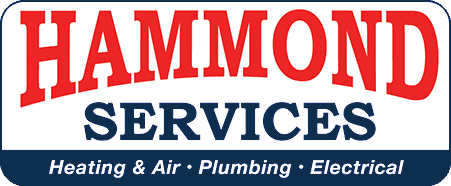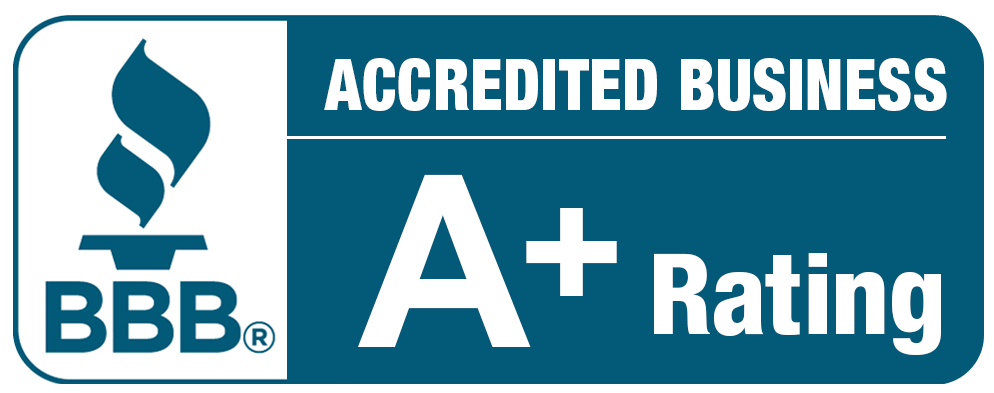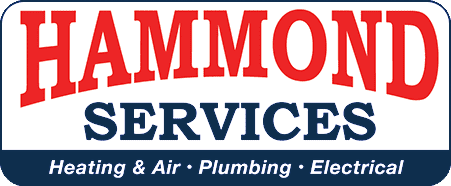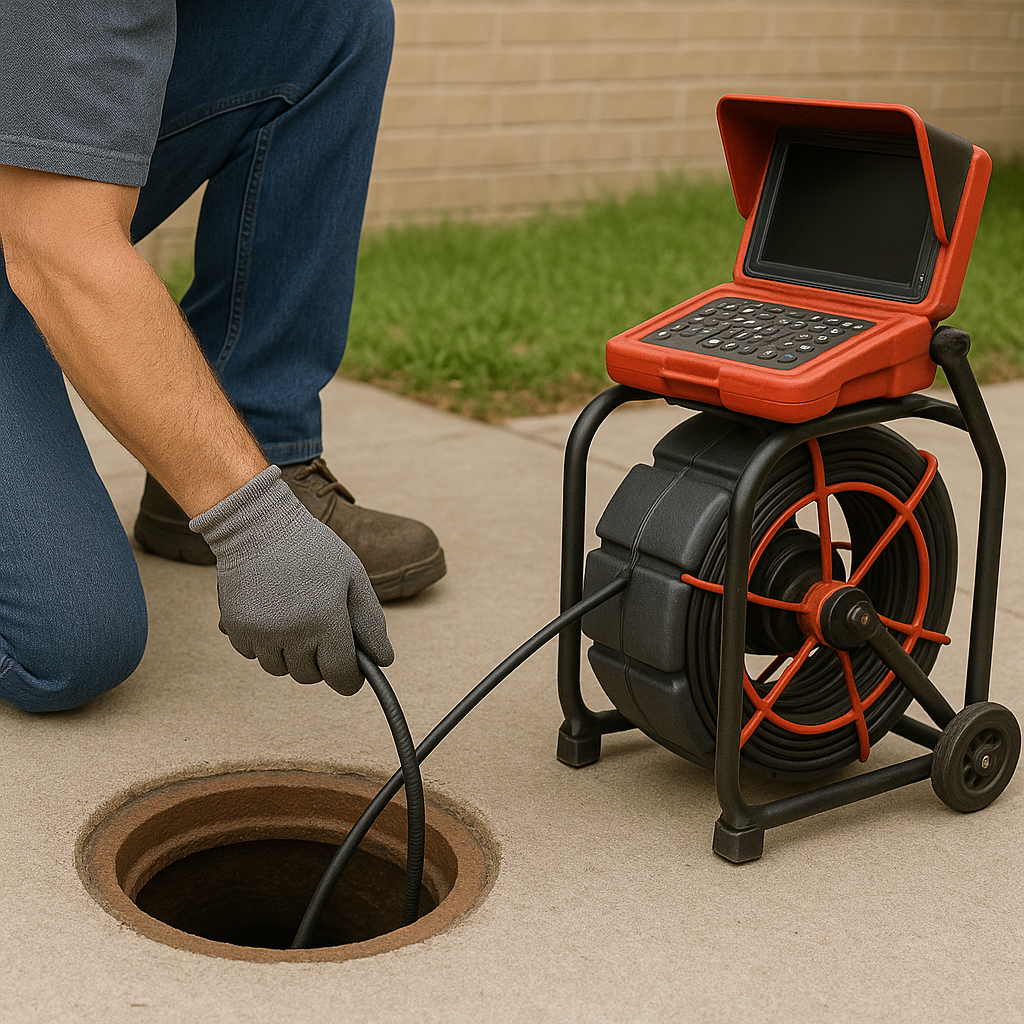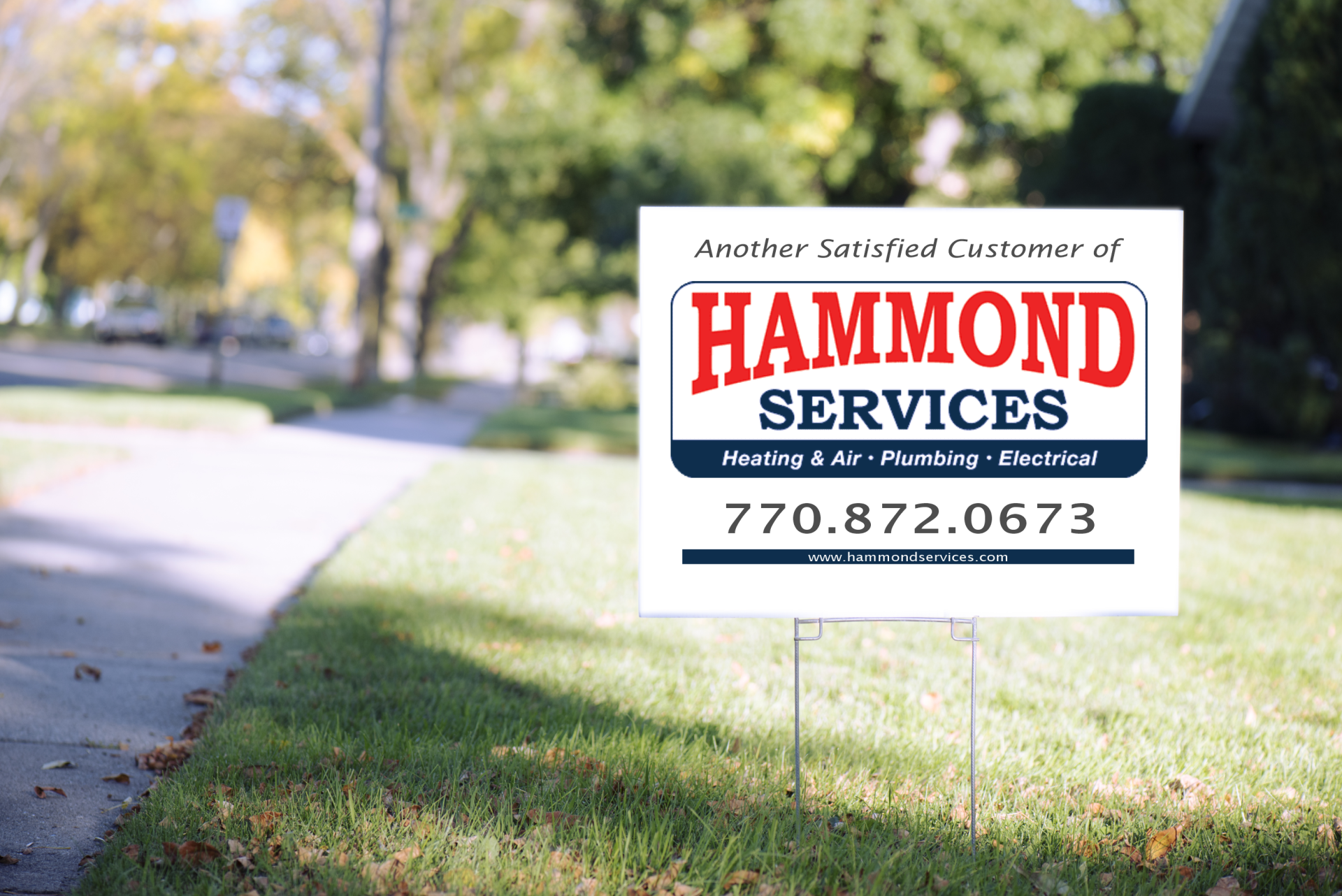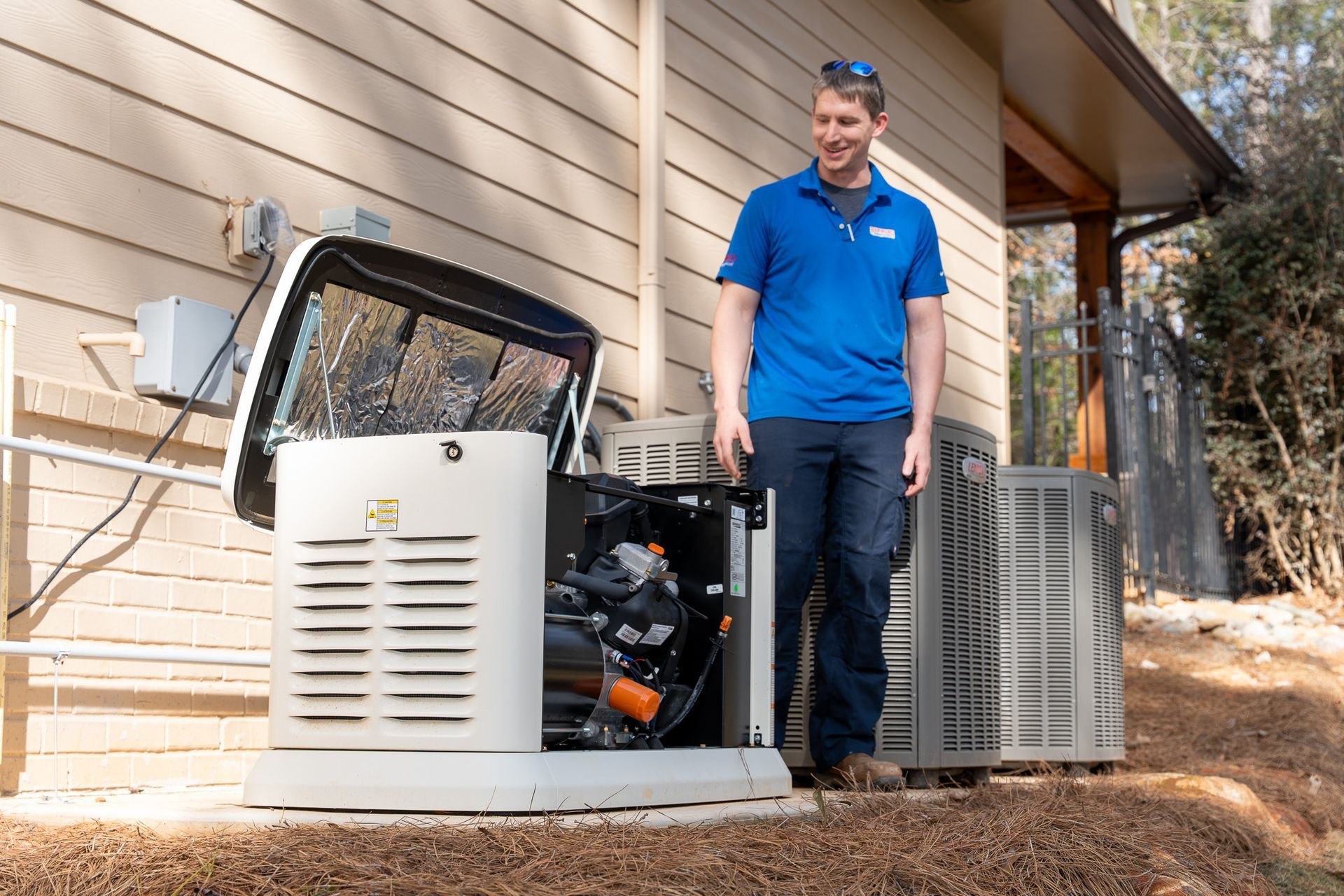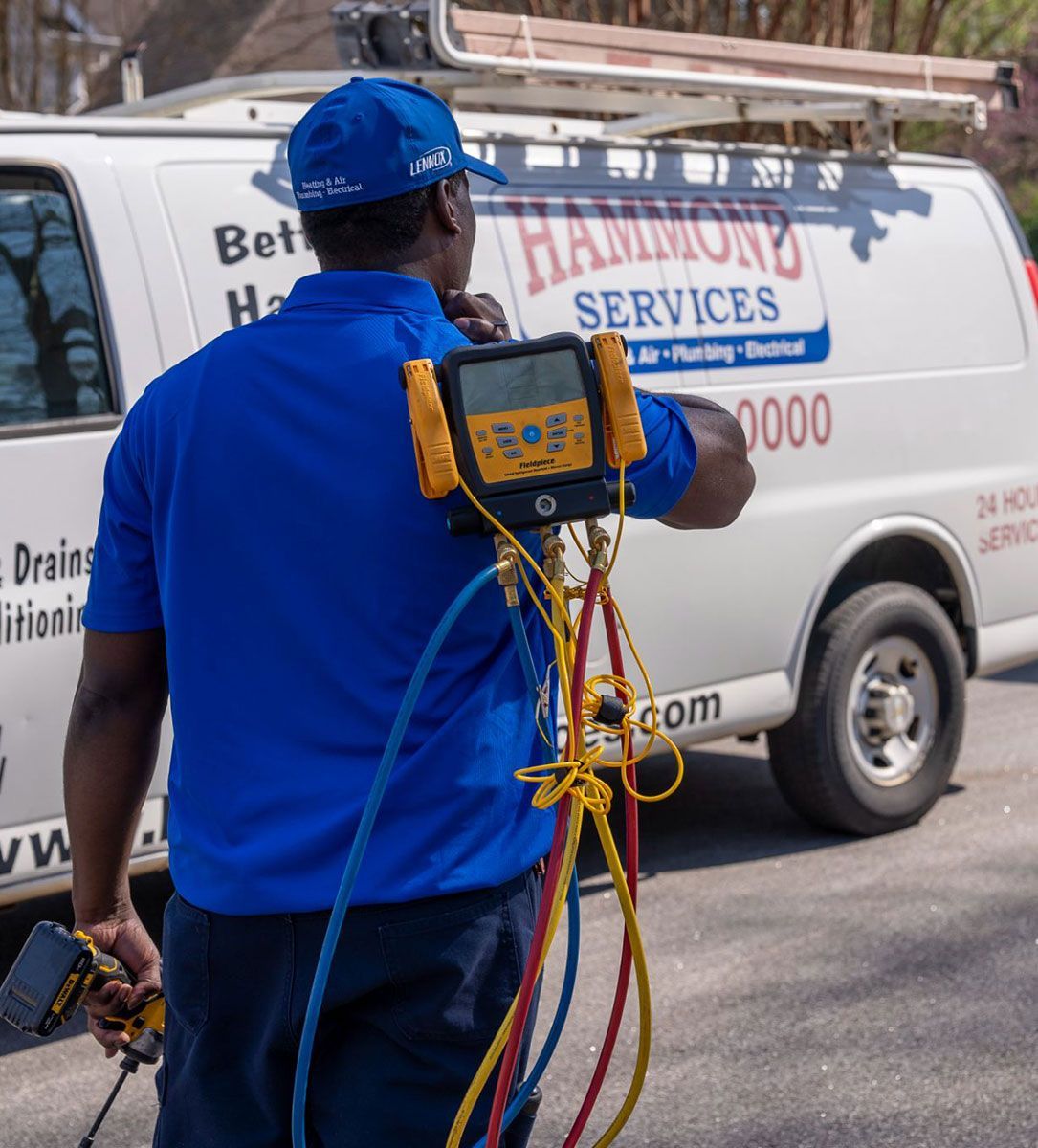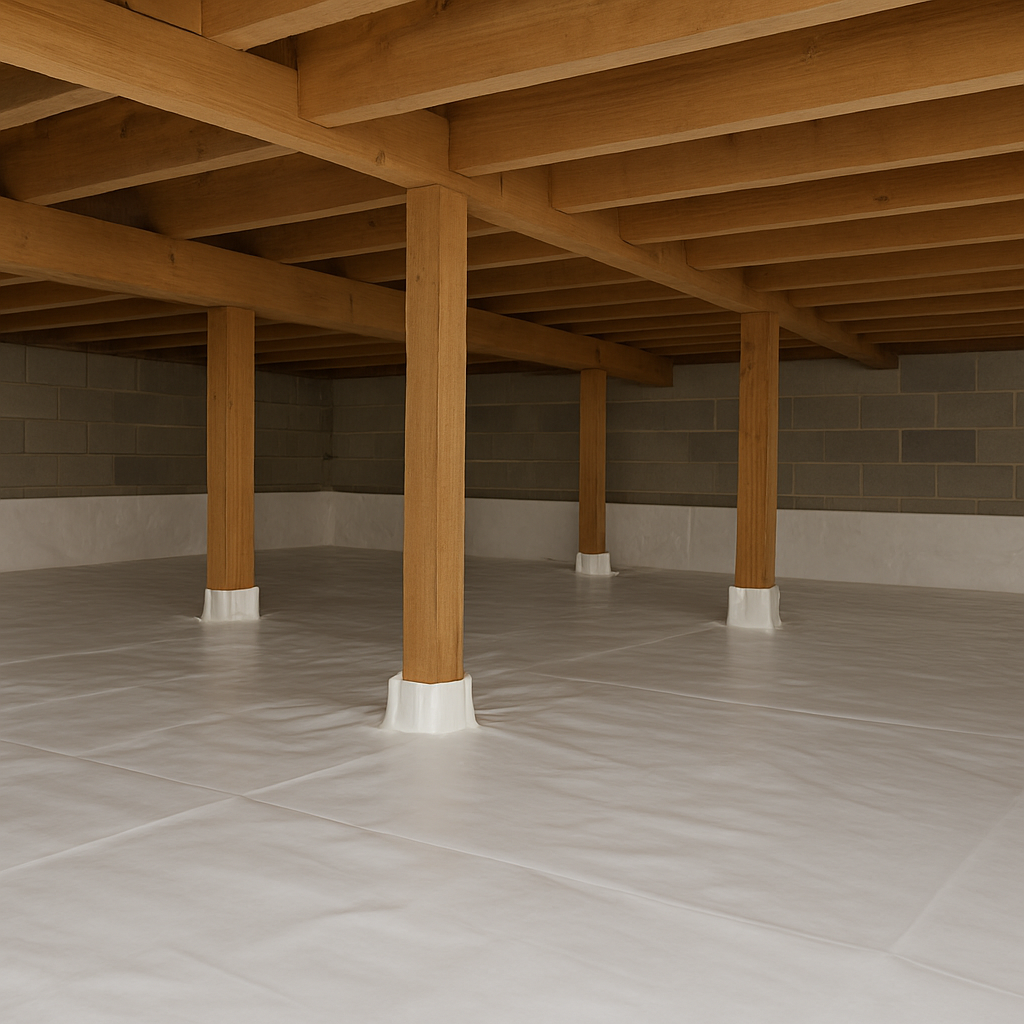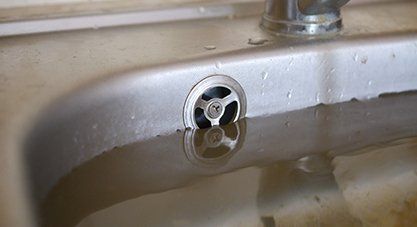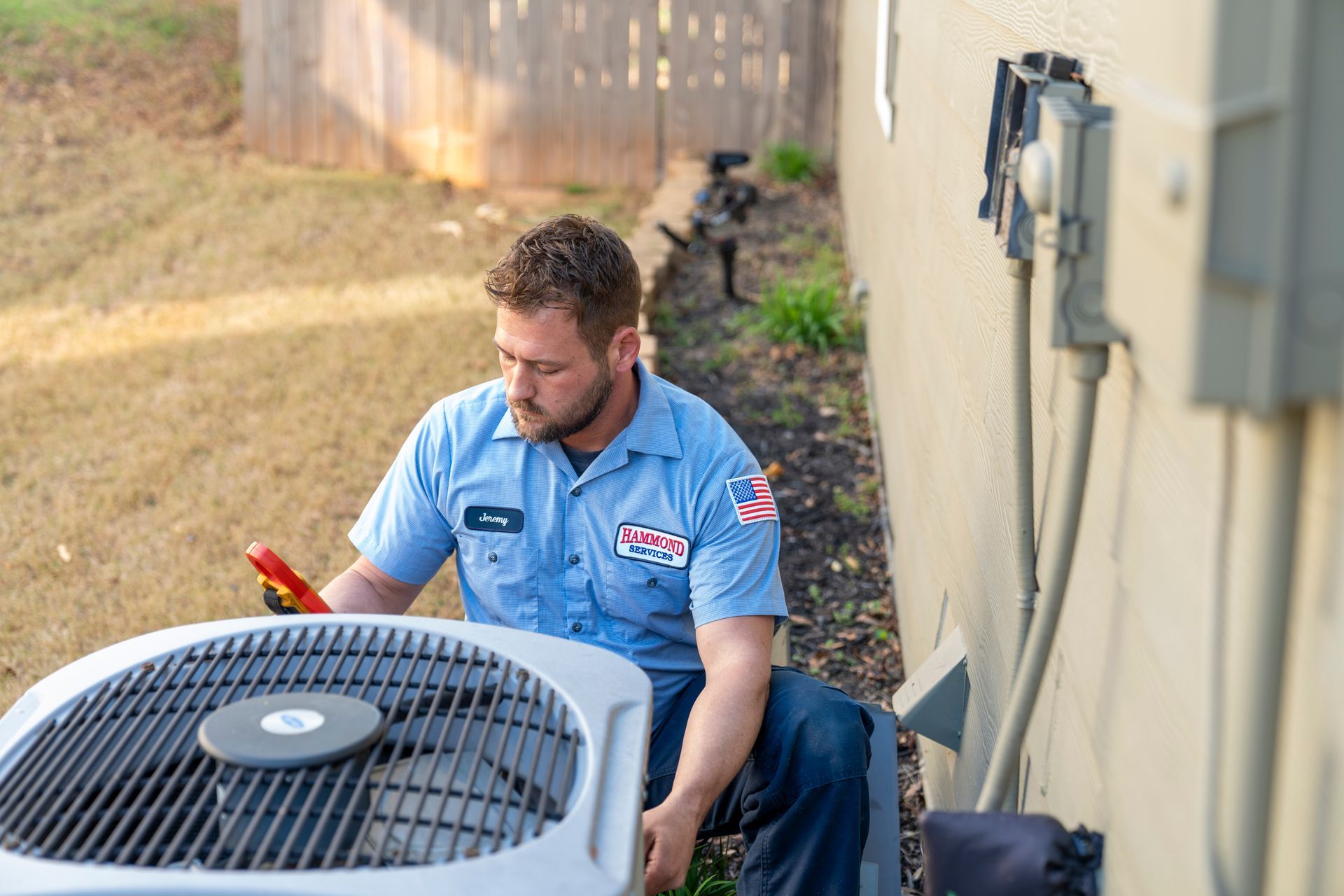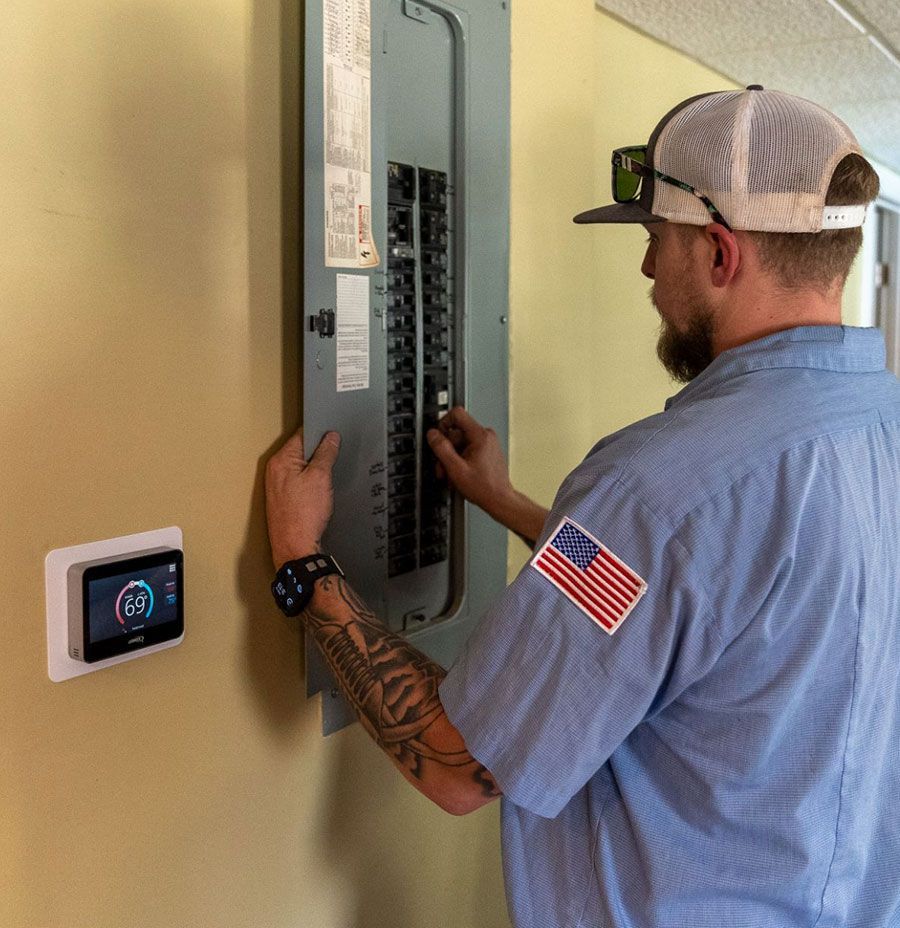A common challenge that consistently tests Griffin, GA area homeowners and professionals alike is plumbing leaks. Hidden behind walls, under floors, and sometimes even stealthily accumulating beneath your beautiful lawn, plumbing leaks can unleash a cascade of troubles if not identified and addressed promptly. Leaks, no matter how innocuous they may seem, can evolve into catastrophic issues, causing structural damage and spawning molds that jeopardize health. Therefore, a discerning eye on common plumbing leaks and a knowledge base on identifying them become quintessential tools in preserving the sanctity of our living spaces.
Faucet Leaks
The incessant drip-drip sound from a leaky faucet is not merely an acoustic annoyance but a waste of precious water and a subtle warning of an impending hefty water bill. Faucet leaks often originate from worn-out washers, gaskets, or o-rings and may occur at the spout or handle. To identify, start with a visual inspection; look for pooling water, dampness around the faucet, or corroded parts.
Pipe Leaks
Champion culprits behind structural damage, pipe leaks can lurk surreptitiously within walls or under flooring, sometimes revealing themselves only when significant damage has occurred. Signs include water stains on walls, ceilings or floors, a musty odor, and a sudden spike in water bills. Utilize an infrared camera or leak detection tools if you suspect pipe leaks, ensuring accurate identification without invasive procedures.
Toilet Leaks
Silent yet dangerous, toilet leaks can waste up to 200 gallons of water daily! Look for subtle signs like a constant sound of water running, the toilet unexpectedly refilling, or a faint odor. An effortless way to confirm a leak is by dropping food coloring into the tank; if, after 30 minutes, the color is seen in the bowl without a flush, a leak is present.
Water Heater Leaks
A leaking
water heater
can inflict havoc, fostering mold growth and even risking a structural calamity if situated upstairs. Routinely inspect the pressure relief valve, heater base, and adjacent walls and flooring for moisture or discoloration. Additionally, ensure the temperature and pressure settings are optimal to prevent overloads and consequent leaks.
Slab Leaks
A stealthy antagonist, slab leaks occur within the water lines beneath your home's foundation. Look out for unexpected hot spots on the floor, hearing running water without an identifiable source, and a notable increase in your water and heating bills. Professional intervention via electronic amplification equipment or electromagnetic pipeline locators is often required to precisely identify slab leaks.
Outdoor Leaks
Your luscious lawn might be concealing a damaging secret beneath its verdant expanse. An unusual wet spot, patches of lush growth, or a sinkhole can hint towards a lurking outdoor leak. Investigate your irrigation system, hose bibs, and pool lines, ensuring a leak hasn’t turned your yard into a covert swamp.
Sewer and Drainage Leaks
A seemingly inconspicuous yet potent threat,
sewer leaks
can be particularly nefarious, as they are often concealed underground. Beware of foul odors permeating your property, slow drains, or unusual patches of lush or damp areas in your yard. Employing video pipe inspection, professionals can pinpoint the exact location and cause of the leak, navigating through the complex web of underground sewer and drainage lines.
Appliance Leaks
The household helpers, like washing machines and dishwashers, can turn into silent saboteurs if their water supply lines start to leak. Periodically inspect the areas around appliances for any signs of moisture, warping, or staining. Be vigilant about the condition of hoses, ensuring they are secure and devoid of cracks or bulges, and always opt for stainless steel when replacements are necessary.
Hidden Leaks
Ubiquitously hazardous, hidden leaks can occur virtually anywhere, such as under sinks, in crawl spaces, or within ceiling cavities. Regularly scrutinizing these areas, especially after extreme weather conditions, aids in early leak detection. Employing moisture meters and thermal imaging technology,
professional plumbers
can uncover hidden leaks before they morph into structural nightmares.
Tips for Preventing Plumbing Leaks
Preventative measures always trump reactive solutions. Implementing the following strategies can minimize the occurrence and impact of plumbing leaks:
- Routine Inspections:
Regularly inspect exposed plumbing, fixtures, and appliance hoses for signs of wear and tear.
- Pressure Check:
Maintain an optimal water pressure level, as excessively high pressure can stress the pipes and fixtures, engendering leaks.
- Soft Water Usage:
If possible, use soft water, as hard water can corrode pipes and appliances, reducing their longevity. Your trusted Griffin, GA plumber can install the perfect water conditioning system
for your home or office.
- Professional Maintenance:
Engage with professional plumbing services for an annual thorough inspection and maintenance of your plumbing system.
The Undeniable Value of Professional Intervention
While homeowners can harness knowledge to minimize and identify leaks, professional plumbers bring invaluable expertise and advanced tools to the table, ensuring precise leak detection and effective resolution. Specializing in dealing with an array of plumbing leaks, professional plumbers utilize a repertoire of advanced technologies, like
video line inspection
devices and hydrostatic pressure testers, to unveil and address leaks with surgical precision.
Conclusion: An Ounce of Prevention
Tackling plumbing leaks is a twofold strategy, requiring a blend of informed vigilance and professional expertise. While an understanding of common Griffin, GA area leaks and their identification allows homeowners to be proactive, the seasoned proficiency of a professional plumber is indispensable in navigating through the complex labyrinth of pipes, providing assurance in the efficient resolution of leaks and preservation of the home’s integrity.
